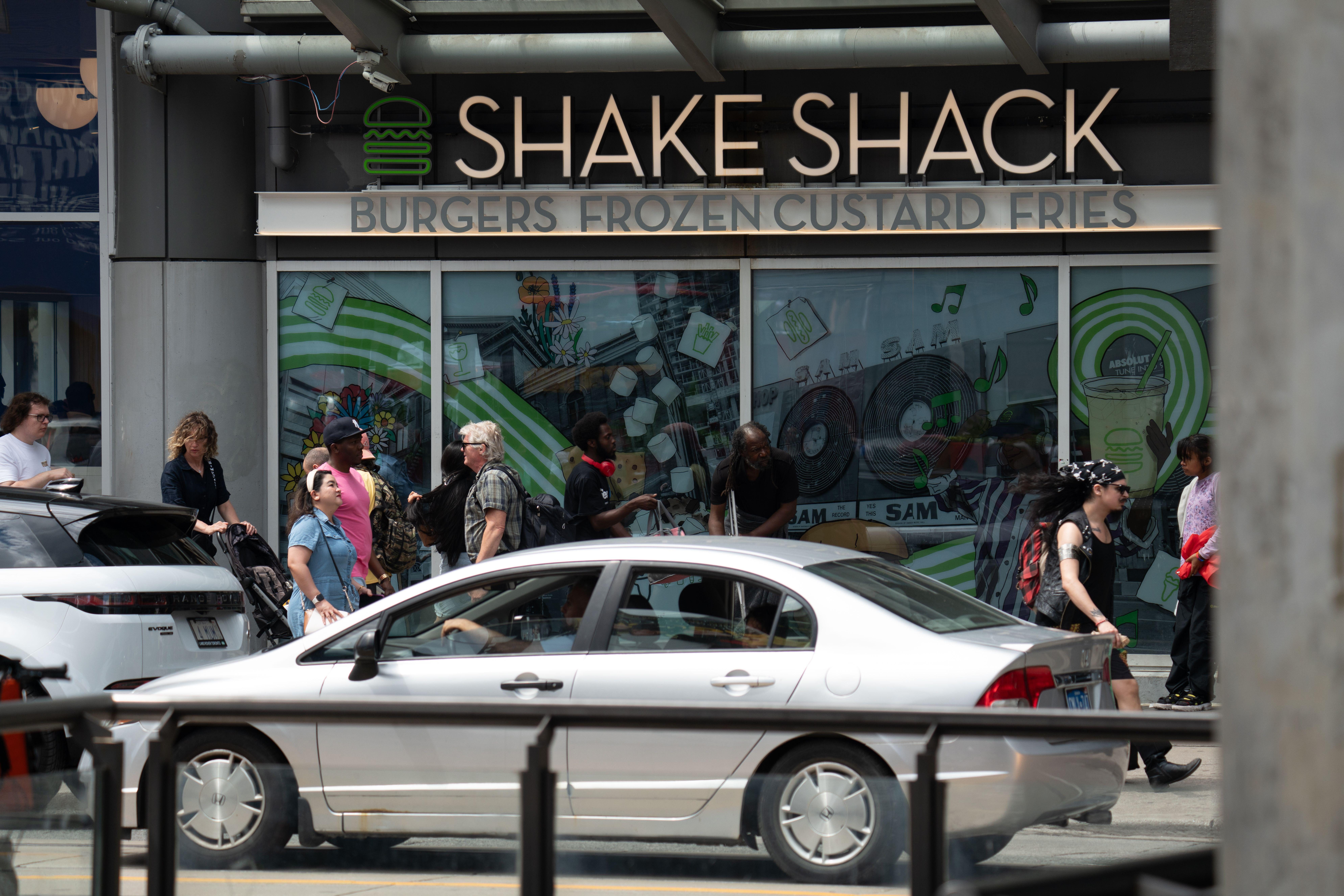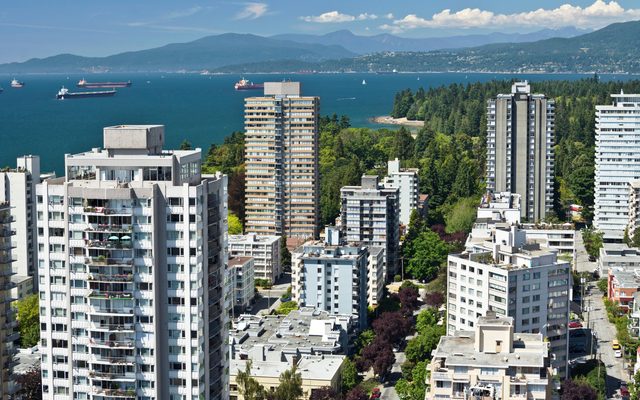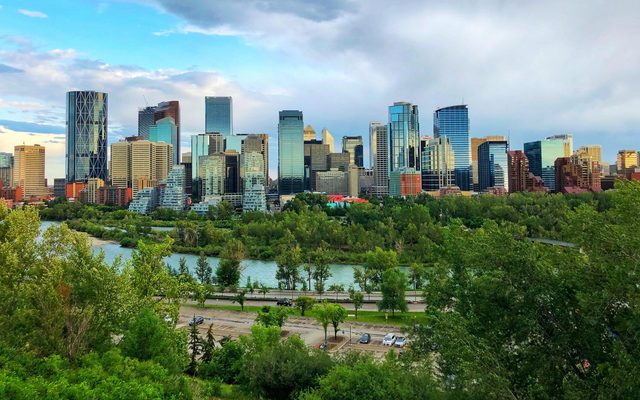- What Strong demand and a lack of supply are keeping retail rental prices in an upswing across the country, CBRE said
- Why New supply is limited as construction costs and interest rates remain prohibitive
- What next No major changes to market conditions are expected
The supply-deprived retail rental market is seeing prices increase across the board “with no single format type being left behind amidst incredible demand,” CBRE said in a new report.
Rent appreciation was observed across the country in the first half of the year, with 40 of the 120 markets surveyed by CBRE experiencing increases — the highest number recorded since the brokerage began publishing the data. Only two markets saw benchmark prices decline.
Toronto and Ottawa led the way in rent increases in H1, with each reporting rising rents across seven formats or key urban areas. In Toronto, where quality space is in short supply, tenants are starting to widen their search area to include regions further out from core markets to neighbourhoods such as Galleria on the Park to the west and Canary Landing on the east end.
“We are seeing a bifurcation of tenants at opposing ends of the value spectrum with luxury and discount doing extremely well and rising above the vanishing middle segment,” CBRE added. “Luxury brands continue to open impressive new flagships on Bloor-Yorkville, meanwhile on the discount side, brands like Dollarama, Winners, and Value Village have also been active on expansion.”
Prices per sq ft in Bloor-Yorkville increased to the $225 to $300 range, while Yonge-Dundas rents stayed flat at $100 to $150.

The cost of construction is still restricting supply in many markets, with much of the new space coming from mixed-use developments. This is the case in Metro Vancouver, where over 120 multifamily developments throughout the region are incorporating retail components in some fashion.
All five key urban areas of Vancouver saw retail rents remain flat in H1. Alberni Street continued to be the most expensive, with a per-sq ft asking rent range of $195 to $300, followed by Robson Street at $120 to $185 and Granville Street at $85 to $125.
Following population growth
Alberta’s population has boomed over the past year thanks to record-setting migration. This has led to increased demand from retailers and service providers, pushing up rents.
In Calgary, this is particularly true in suburban areas as downtown has yet to recover from the pandemic, lessening demand for retail space there.
“The first tranche of office-to-residential conversions are completing downtown, but demand in the surrounding area is still substantially lower than in other places in the city due to a drop in foot traffic on Mondays and Fridays,” CBRE said.
Edmonton has similarly struggled with its downtown, though the recent Oilers playoff run drove more people to the area, filling up restaurants. Still, landlords are focusing on safer bets: national tenants with strong operating histories.

Although Edmonton’s most expensive key market, Whyte Avenue, is seeing rents from $15 to $40/sq ft, CBRE notes that any new builds — unless the land was bought for a reasonable price years ago — are starting their rates in the low-$40/sq ft area.
Grocers are looking to move with the population, eyeing secondary and tertiary markets for opportunities to build stores in order to remain competitive, even as construction costs remain high.
Some headwinds in Montreal
Asking rent prices remained steady in Montreal’s key markets in H1, but food and beverage establishments are beginning to slow down due to higher interest rates and decreasing sales.
“We’re seeing that the average restaurant is experiencing 20%-30% lower sales volumes, save for a few exceptions that have increased,” CBRE said.
Shops along Sainte-Catherine Street in particular have experienced hardships due to the ongoing street overhaul, which is expected to continue into 2025. Gridlock and uncertainty are affecting demand, CBRE said.
Even still, asking prices there remain in the $150 to $180/sq ft range, well above the second-priciest key urban area, Rue de la Montagne, where prices range from $65 to $85/sq ft.




